×


We have detected your country as:
Please click here to go to the USA website or select another country from the dropdown list.

{image_1}Facts about the Israel Defense Forces [IDF] you have never heard before:
—When the IDF was formed on May 26, 1948, its structure was based on that of its predecessor, the Haganah.
Continue Reading »
{image_1}”Moses received the Instructions of the Lord from Sinai and passed it on to Joshua, and Joshua to the Elders, and the Elders to the Prophets.” This encapsulation of the beginning of the transmission of the Torah (God's teachings) has been a fundamental truth for the Jewish people for thousands of years.
Continue Reading »
{image_1}One of the advantages of living in Israel as volunteers with Bridges for Peace instead of just touring Israel for a week or two is being able to see some sites off the beaten track that are usually not part of a tour. In May, our staff from Karmiel and Jerusalem came together for our annual retreat. Besides spiritual refreshment, another delightful ingredient of the three-day event is going on fun excursions.
Continue Reading »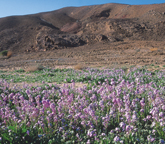
{image_1}“The desert and the parched land will be glad; the wilderness will rejoice and blossom…” (Isaiah 35:1, NIV)
After seeing photos of the lush, green Galilee, an astonished friend once told me that she thought Israel was all desert. Well, Israel is not exactly all desert, but desert does make up almost 60% of the nation’s land mass. I expect she envisioned camel caravans making their way across endless dunes of sand, but, in fact, the desert of Israel is comprised primarily of rocky outcrops and mountains, deep craters, and dry riverbeds.
Continue Reading »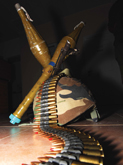
{image_1}Turmoil in the Middle East has captured the attention of the entire world over the past year as nation after nation has experienced uprisings among its citizens. Called the “Arab Spring,” some thought these events might lead to a democratic Middle East with a more positive disposition toward the West. Unfortunately, that was not to be. Although much of this unrest may have begun with a sincere desire for positive change, the nations responded in very different ways. From programs that provided people with generous financial benefits to military action, each nation has struggled to find stability. And radical Islamists were on hand to take advantage of every opportunity.
Continue Reading »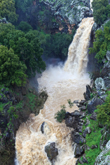
{image_1}What a refreshing assignment to be able to write about water in Israel instead of drought! We’ve been waiting seven years for this! Last year about this time, I wrote an article entitled “Israel’s Water Crisis,” featuring pictures of forest fires, over-ripe rotten fruit, languishing cows, and a depleted Sea of Galilee. This year, however, the skis opened up and God poured out an abundance!
Continue Reading »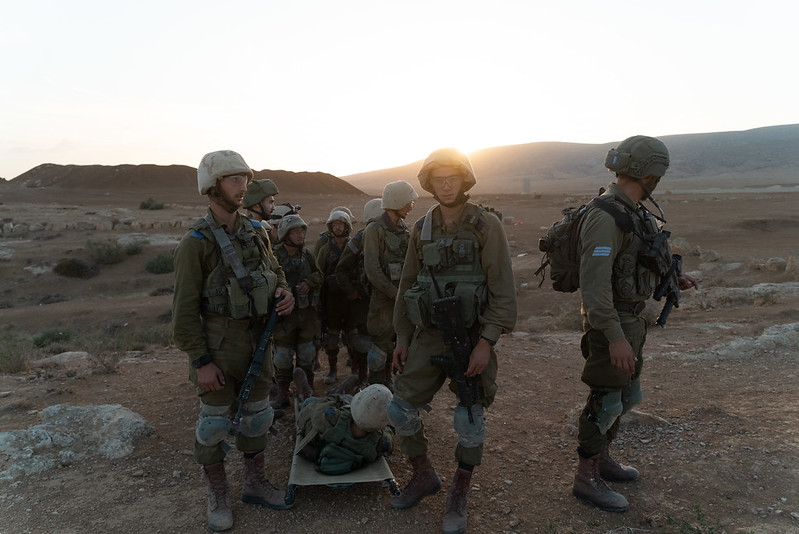
{image_1}Israel has had to adapt to many threats and challenges: from tanks to terrorists, from plane hijackers to missile launchers. And that work never ends. Israel’s Home Front Command, a division of the Israel Defense Forces (IDF), has an ongoing role to prepare Israel’s civilians for a wide range of dangers. Included among those are nonconventional attacks such as chemical, biological, and nuclear threats.
Continue Reading »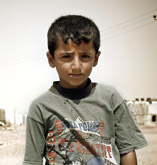
{image_1}At the outset of 2012, irrespective of the Arab–Israeli conflict and the Palestinian issue, the defining geopolitical and religious schism in the Middle East is boiling, exacerbating violent intra-Muslim fragmentation—religious, tribal, ideological, and geographical.
Continue Reading »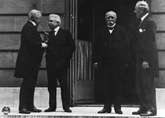
The saga of Israel’s standing under international law began long before the United Nations was a player on the global scene. As early as the turn of the 20th century, a number of Bible-believing statesmen and politicians, many of them British, were adamant in their support of the return of the Jewish people to their ancient homeland in fulfillment of Bible prophecy.
Continue Reading »
{image_1} In 1976, Bridges for Peace was birthed from the vision of Dr. G. Douglas Young, an extraordinary man who made such an impact on Jerusalem—after only 15 years as a resident—that he was awarded one of Israel’s highest honors in 1978 by the city’s famed mayor Teddy Kollek. Yakir Yerushalym, “Worthy of Jerusalem,” was normally given only to Jewish people over 70, but he was 68 and a gentile.
Continue Reading »All logos and trademarks in this site are property of their respective owner. All other materials are property of Bridges for Peace. Copyright © 2025.
Website Site Design by J-Town Internet Services Ltd. - Based in Jerusalem and Serving the World.